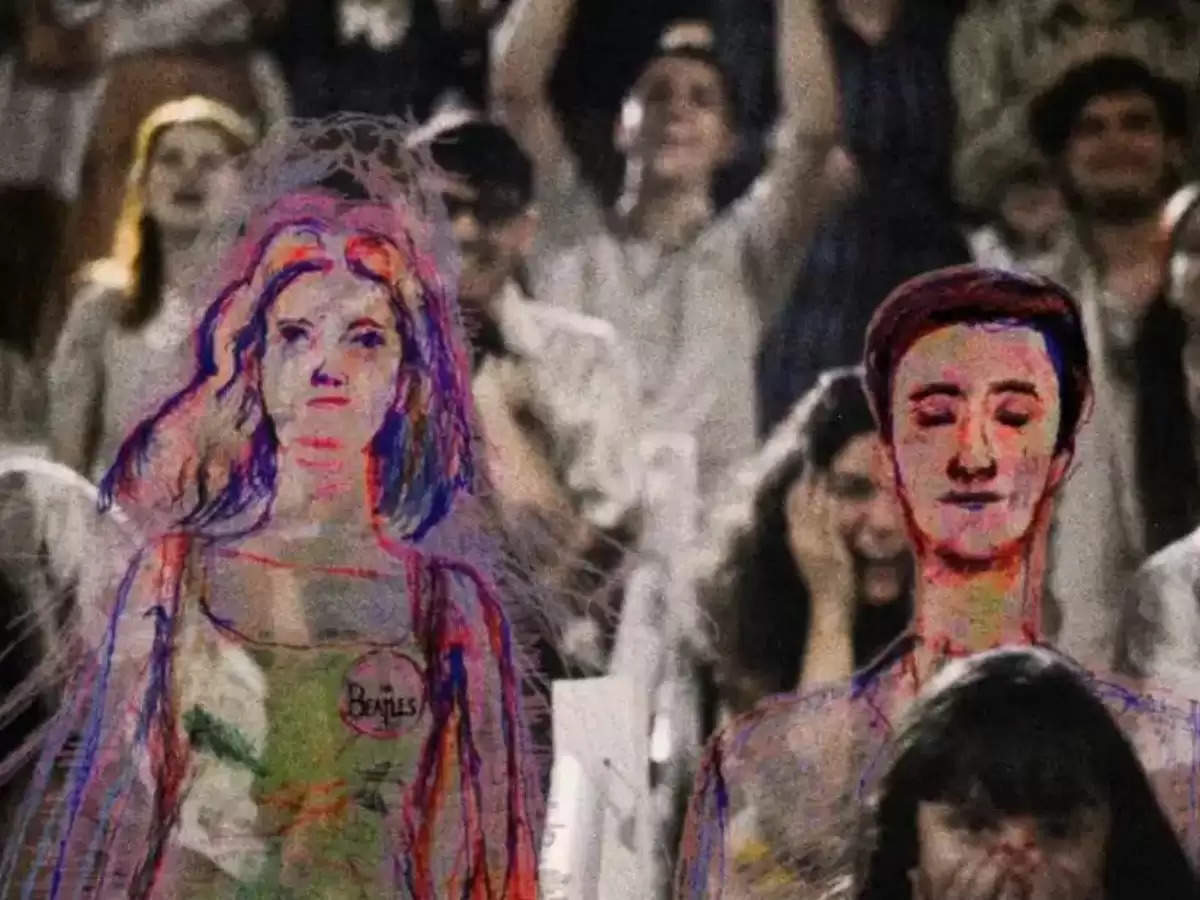'TWST: Things We Said Today' review: A thrilling experimental Beatles document offers a snapshot of the dynamics of a moment in time

A1 Digital India News: Hence my warning to you, because it will be a sad thing indeed if this beautiful, attention-grabbing, intricately experiential (and experimental) picture disappoints anyone. TWST is structured like a concert film, but instead it is a combination of two nonfiction categories – tone poem and city symphony – used by critics and scholars as catch-all fallback classifications.
Ujica blends them with archival rigor and effective whimsy to create a film that feels dreamy and candid at the same time. Of course, fans of the Fab Four know that Shea Stadium already exists, or at least existed for the Beatles, though it has been caught up in various rights disputes in recent years.
The documentary is primarily based on a tentative dissection of the title song, written by Paul McCartney – unheard here, but which McCartney has described as “future nostalgia.”
TWST opens in August. 13 in 1965, when the Beatles arrived in New York City. But most of the conversation among local reporters — which included interviews with fans, peppering the quartet with questions at press conferences, and offering commentary through multiple mediums — was about the possibility that the Beatles had already been usurped by other bands.
To screaming fans, John, Paul, George, and Ringo couldn't be more representative of today's times. To cynical journalists, they're the past (or maybe they're journalists who've been blocked in the past). And as we watch, we exist in an intermediate state between the future, the past, and the present.
Radio coverage teases the big day while countless hours of grainy, beautiful, black-and-white footage taken from news segments and home movies fly by, often layered with added authenticity. The moments we go through are real and immediate, but Ujica never lets us forget that this is a movie — realism is an aesthetic choice, and a storyteller who can take it or leave it at a moment's notice.
Stay with me, because it gets a little overwhelming: We took along several guides throughout the day, including Geoffrey O'Brien, the teenage reporter son of a famous NYC DJ, and Judith Christen, a kindly teenage music expert. Christen's words, voiced by Therese Azzara, are from her diary; O'Brien's performance comes from an "autoficial account" in the press notes presented by Tommy McCabe. Both are woven together with excerpts from Ujica's fictional short story, "Isabella, the Butterfly's Friend."
So we're hearing actors speak real, if not unreal, words. Artist Yann Kebbi imagines the characters as raw, glossy paintings, overlaid on top of the documentary image to take us through the city. Jeffrey took several cabs through the rough streets of Harlem and the Fulton Fish Market before dawn. Speaking of the show, it takes us far beyond our traditional expectations of this film. Jeffrey's journey to finally meet Judith in spirit involved picking up several friends and taking an extended detour to the World's Fair, which was at Flushing Meadows that year.
If you're at all familiar with the concept of the World's Fair (older readers are like, "Duh!" and younger readers are, "Huh?"), you'll know the exhibition's iconic achievements in the past and projected future achievements. Do you see how this fits? One can imagine Ujica's delight at knowing that these two major events were happening within yards of each other.
Such juxtapositions are very important to Ujica. Sure, TWST is about a Beatles concert, but the soundtrack is filled with a whole lot of other songs that were hits at the time, filtered through the radio or through background "noise" - passing cars, open windows and so on. Some of them, like Shirley Ellis' "The Name Game", seem very important to our cultural memory today. Some of them, like James Brown's "Papa's Got a Brand New Bag", are every bit as true, but in a way that seems parallel to rather than directly related to the Beatles-centric narrative. And some of them represent an intersection, like the opening tune, Chuck Berry's "Roll Over Beethoven", which was famously covered by the Beatles (but not played at Shea Stadium).
And sure, we love to remember the "riots" caused by Beatlemania, the images of devotees crawling over barriers and fainting at the perimeter - but how often do we make the connection that the Watts Rebellion was happening all over the country at the same time. , . How often are we forced to consider the vast difference between the benign paternalism of the police response to a "riot" and the provoking and escalating hostility of the police response to some other "misdeed."
